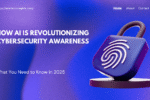Learning and researching are changing quickly. Think about an AI-Powered vs PhD Scholar scenario, where a student utilizes the latest AI technologies to compete with a PhD researcher who has been researching for a long time. They are both learning new things, producing significant research, and tackling challenging problems. Everyone wants to know who will win the race for knowledge: AI or a PhD?
AI has already changed the way people learn in schools, research laboratories, and businesses. AI tutors can help students learn, do experiments, and predict test scores. On the other side, PhD students are still the most creative, critical thinkers, and people who make ethical choices. For the next 10 years, AI and human knowledge will be fighting against one another or working together.
The Growth of Learners Who Use AI
Students with AI are no longer just a dream for the future. Adaptive learning platforms, generative AI models, and AI instructors are helping students learn more than they could have imagined a few years ago. Just as chatbots enhance customer engagement, by understanding user needs, AI-powered students leverage these technologies to process information and make decisions faster.
ChatGPT and Google Socratic are examples of AI-powered systems that can swiftly explain hard topics in depth or assist you in solving issues step by step. A 2023 EDUCAUSE study found that AI-assisted learning can help you remember what you’ve learned by up to 40% more than traditional approaches.
Human Skill vs. Machine Speed
AI can be quick, but PhD students have skills that AI can’t replace, including creativity, intuition, and moral reasoning. AI has a hard time with abstract thinking and recognizing fine distinctions, especially when it comes to research that crosses disciplines. An AI system may look at climatic data to guess what will happen in the future, but a human researcher knows how policies will affect people, what moral issues they will raise, and how they will change society.
A hybrid model is coming to light, which is intriguing. AI-powered technologies help researchers with literature reviews, simulations, and analyzing data. At the same time, PhD professionals make sense of information, develop conclusions, and choose the best study paths. This partnership is changing the way research will be done in the future. It shows that AI-powered vs. PhD scholar isn’t only a competition; it’s a chance to make each other’s abilities stronger.
The article discusses the limitations of AI in the realm of abstract thought and morality: (See: MIT Technology Review on AI ethics)
1. AI-Augmented Research: New Trends in the AI-Powered vs PhD Scholar Race
AI is helping researchers come up with theories, look at large amounts of data, and find patterns more and more. For example, AI can scan millions of DNA sequences in minutes, which would take human researchers months to do. In this scenario, the interaction between AI-powered systems and PhD scholars is synergistic: computers perform the primary tasks, while individuals contribute their insights.
Example of a real AI research tool: (Tool: AlphaFold by DeepMind- predicts protein structures in minutes).
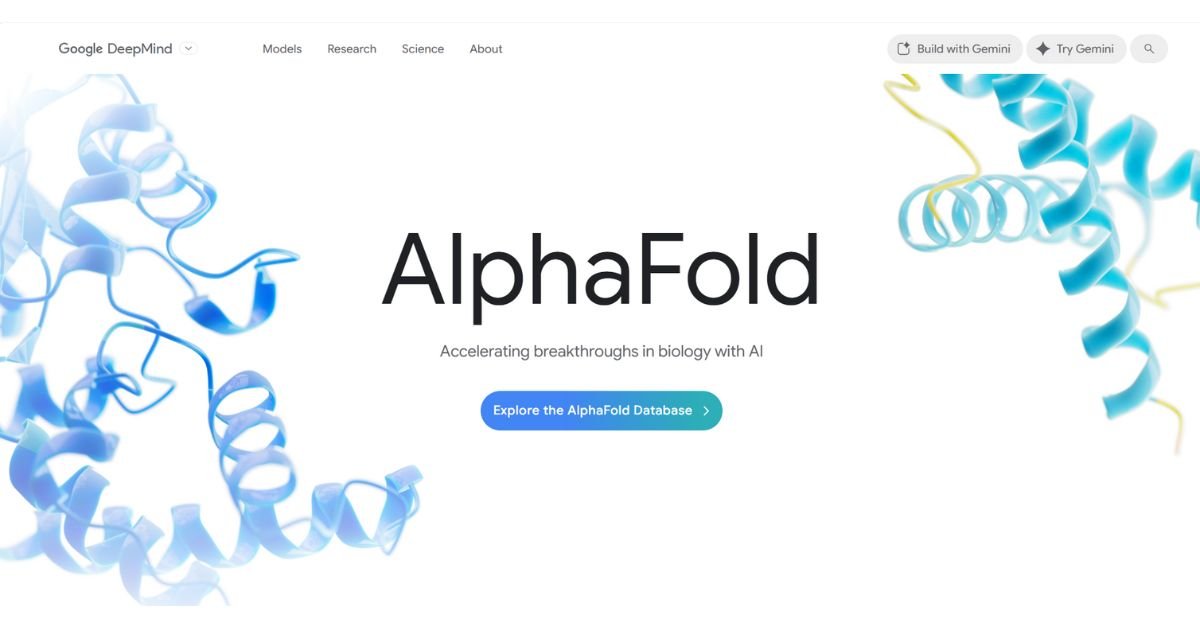
This is what AlphaFold’s beginning UI looks like. Researchers may enter protein sequences, set prediction parameters, and start analyzing the data using a computer. This interface is simple to use, which makes it easier for both AI-powered learners and PhD students to make predictions about complicated protein structures.
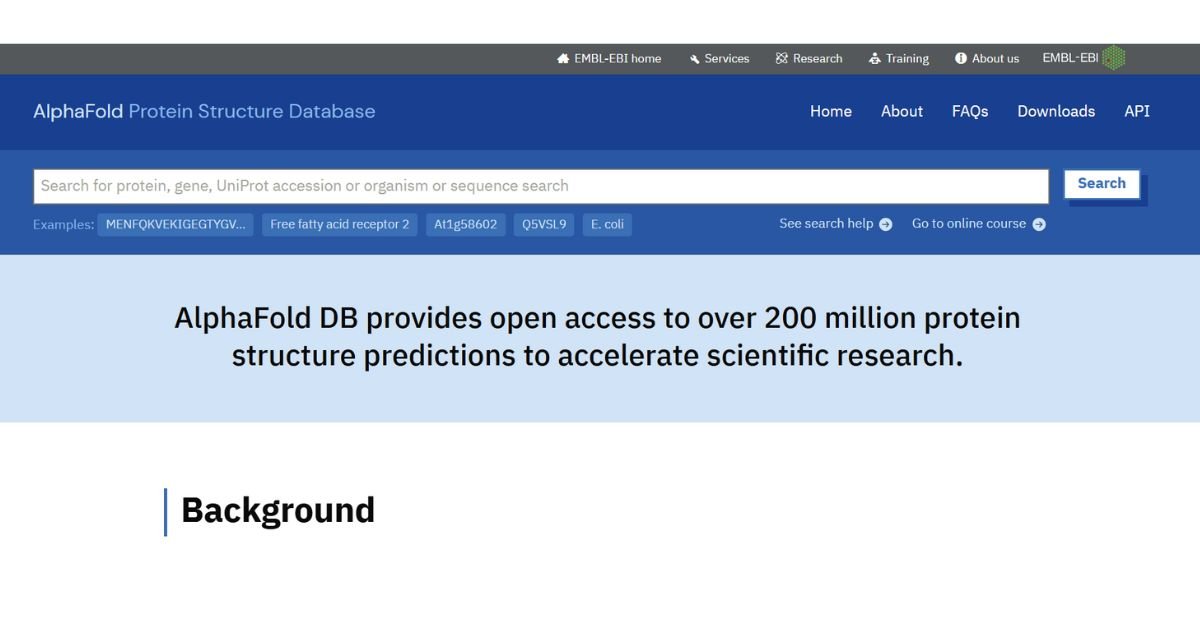
Once AlphaFold is up and running, customers may choose from a number of prediction options. These choices let you fine-tune for accuracy and specificity, which shows how AI technologies help researchers work with large datasets more effectively.
2. Personalized Learning on a Large Scale in the AI-Powered vs PhD Scholar Context
AI-powered learners do best when they get individualized lessons. Adaptive algorithms look at how you learn, find your weak spots, and provide you tasks that are just right for you. PhD students who use these technologies can also get personalized research suggestions that help them work more efficiently without compromising depth of thought.
3. Putting together information automatically
AI can briefly summarize thousands of scholarly publications. Imagine a student using AI to review 500 climate studies while another PhD student focuses on ethical uses and policy advice. This trend is changing how people get and use information, providing AI-powered learners an obvious edge in speed.
4. Oversight of Ethics and Context in the AI-Powered vs PhD Scholar Dynamic
AI lacks the intuitive sense that humans possess. In the AI-Powered vs PhD Scholar dynamic, PhD students will play a bigger role as moral advisors, making sure that AI-driven research obeys the rules of society. For instance, in AI medicine, robots may find possible cures, but researchers must make sure they are safe, obey the rules, and are morally sound.
5. New ideas that cross fields
AI-powered technologies are helping researchers from different fields work together. In the AI-Powered vs PhD Scholar scenario, researchers are employing computers to fill in gaps in their knowledge, from AI-assisted architectural designs to AI in finance risk modeling. This pattern shows how the role of human intelligence in guiding AI capabilities is changing.
Real-Life Examples of the AI-Powered vs PhD Scholar Dynamic
Finding New Drugs: AI systems can look at thousands of molecules in a matter of weeks, and PhD professionals are responsible for testing and evaluating the results.
Finding New Drugs: (Tool: Atomwise)
Academic Publishing: More and more publications are employing AI to check submissions before they are published. Thereafter, researchers look at new ideas and ways to understand them.
Academic Publishing: (Tool: Scholarcy)
Engineering: AI-powered simulations can simulate complicated structures, and engineers think about safety, the environment, and how things look.
Engineering: (Tool: ANSYS)
Finance: AI can identify unusual things in the market, but PhD-level economists can explain trends and help you make smart decisions.
Finance: (Tool: Kavout)
Climate Science: AI can tell us what the weather will be like and how carbon will affect it. Researchers use these predictions to develop rules that people can follow to protect the environment.
Climate Science: (Tool: ClimateAI)
These examples show that the contrast in the AI-Powered vs PhD Scholar dynamic is not about one side winning over the other. It’s about leveraging each other’s skills to obtain outcomes faster and smarter.
Possible Problems
AI-powered learners are outstanding at speed, scalability, and combining data, but they do have several problems:
- AI has trouble with abstract or moral thinking since it doesn’t have common sense.
- Data Bias: The biases present in the data used to train AI models manifest in the models themselves.
- Risk of Overreliance: Scholars who rely too much on AI may lose their ability to think critically.
Reference for AI bias: (Nature, 2022 – AI bias in models)
Likewise, in the AI-Powered vs PhD Scholar context, PhD scholars encounter difficulties in keeping up with AI-driven research results. People who only use conventional approaches may discover that they are less useful and less effective.
What the Future Holds
Hybrid Research Teams: In the AI-Powered vs PhD Scholar dynamic, the best teams will have both AI-powered systems and human experts. AI performs repetitive tasks, while people contribute innovative ideas.
- AI as a Standard Academic Tool: AI will soon be a significant part of PhD programs, helping students write, analyze, and run simulations.
- Companies will come up with fresh concepts by using hybrid teams that mix AI-powered insights with PhD-level knowledge.
- Continuous Learning: AI models will require new data, and scholars will need to learn how to utilize AI. Both AI systems and human academics will need to keep up with new knowledge.
- AI and PhD researchers will work together to create new knowledge faster than they can today.
- Helpful information for students and researchers
Suggest AI tools for practical use: (Tools: Wolfram Alpha, Elicit,OpenAI Codex)
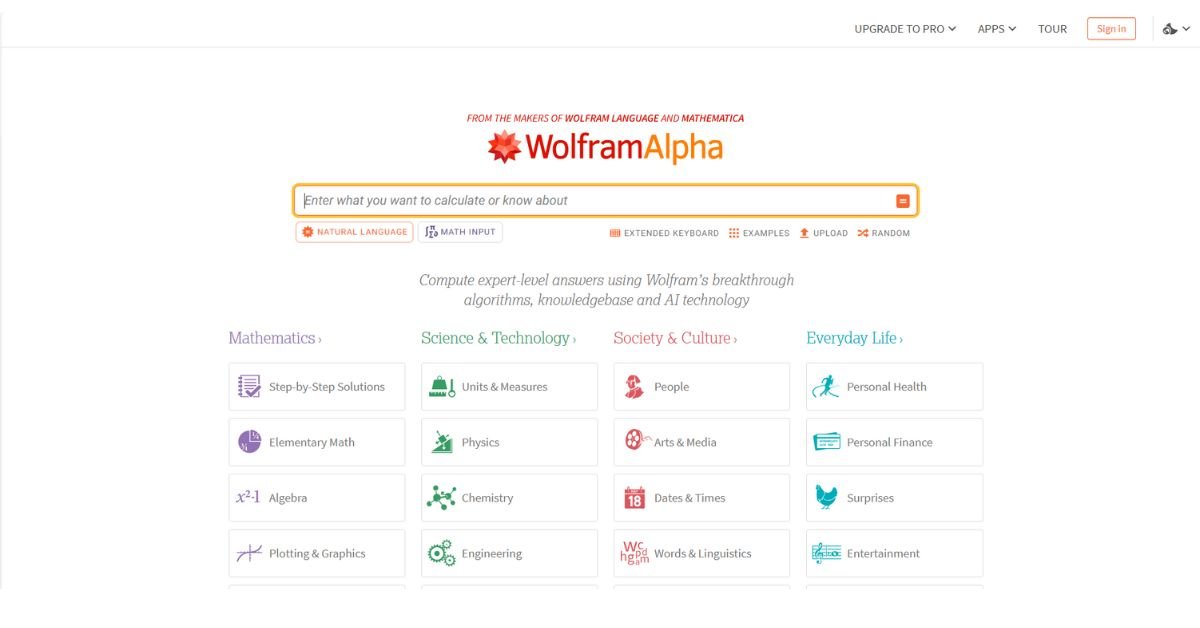
This is what the Wolfram Alpha app looks like when you first open it. People can type in formulae, questions, or data problems. This kind of AI-powered technology makes learning and research easier and faster for both students and teachers.
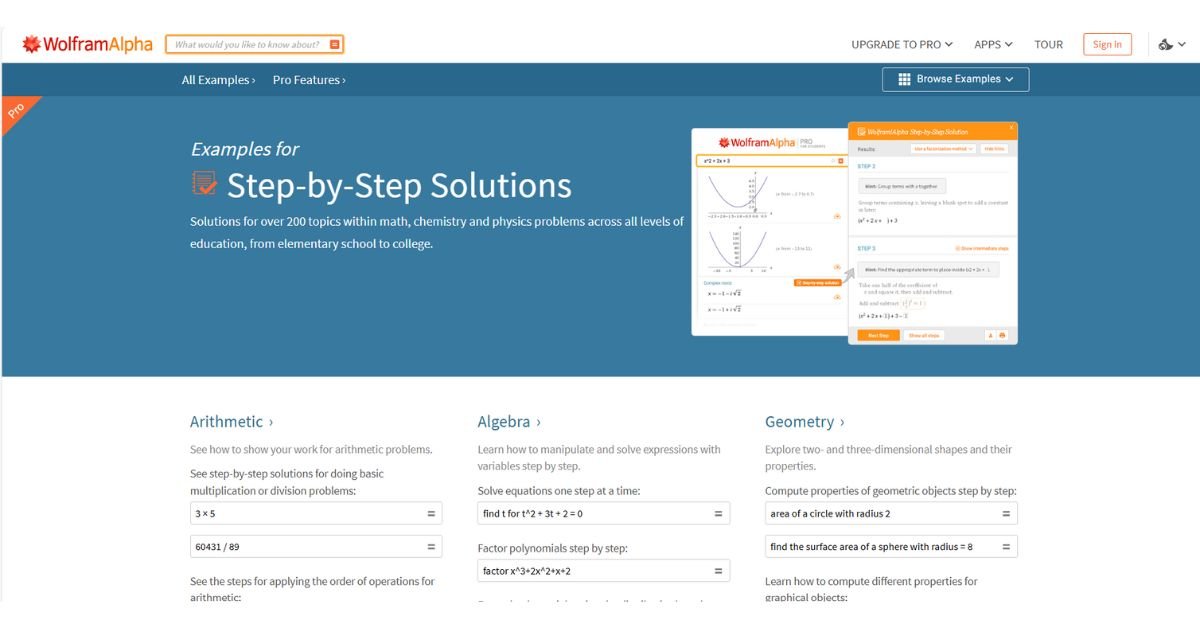
The step-by-step solutions interface makes challenges easier to grasp, which helps people learn more. AI-powered assistance helps students follow logical reasoning and get the same conclusions, which works well with human analytical talents.
- You may use AI for experiments, literature reviews, and simulations.
- Concentrate on human strengths: Only humans possess the ability to be creative, interpret information, and uphold moral principles.
- Learn AI Skills: PhD students need to know how to apply data science and how AI works.
- Use AI’s speed and people’s knowledge to produce the best outcomes.
- Make sure to check for errors and bias before using AI results.
Keep coming up with fresh ideas: Use AI to find study areas that aren’t very prevalent or that span disciplines.
Conclusion: A Future of Working Together
The argument between AI and PhD scholars isn’t about who wins. Machines are better at doing things that are big, quick, and repetitive, whereas academics are better at making decisions, being ethical, and being creative. Working together is what really gives you power. The next ten years of research, education, and business innovation will be at levels never seen before when AI and human knowledge work together.
The suggestion for students, teachers, and researchers is clear: they should accept AI as a partner, continue to adapt, and concentrate on the unique qualities of humans that AI cannot replicate. The race for knowledge is no longer a competition; it’s a journey towards swifter discovery.
Final Thought: The future belongs to those who know how to combine human intelligence with AI power. The AI-powered vs. PhD scholar dynamic will have a big impact on education and the direction of innovation throughout the world as things change.
Disclaimer: The pictures and examples in this blog are solely there to assist people in understanding AI technologies. They are not official screenshots or endorsements from the platforms in question. For correct usage and technical help, always check the official websites and documentation.
Last updated on August 26, 2025
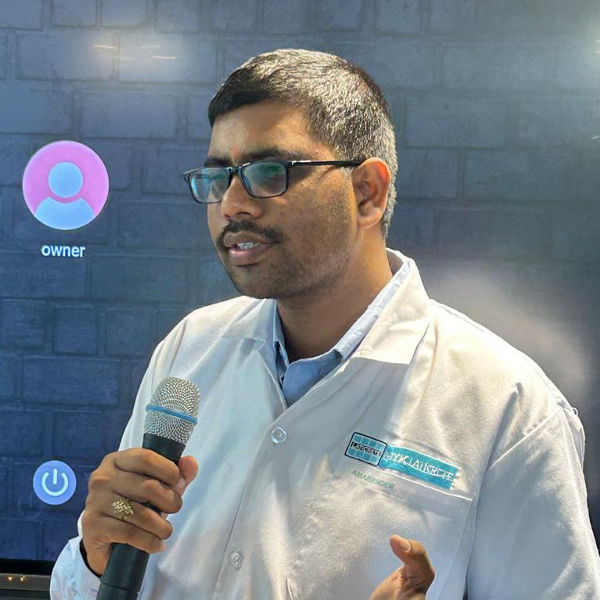
Hi, I’m Amarender Akupathni — founder of Amrtech Insights and a tech enthusiast passionate about AI and innovation. With 10+ years in science and R&D, I simplify complex technologies to help others stay ahead in the digital era.



